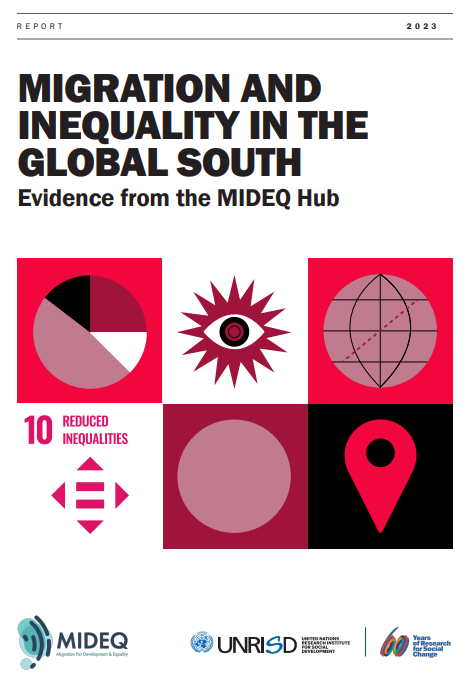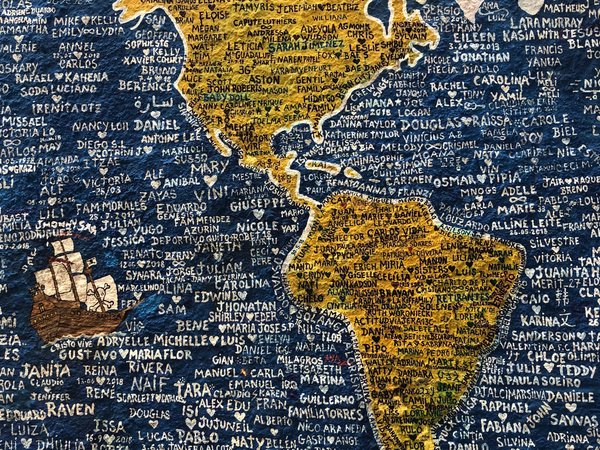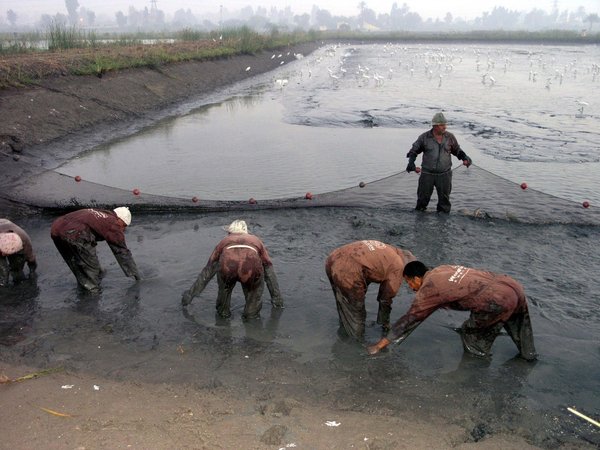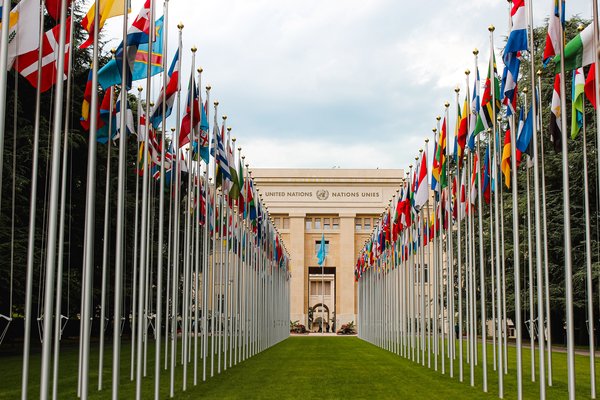
Visa applicants wishing to go abroad. Nepal. Photo Marcel Crozet / ILO. CC BY-NC-ND 2.0
This policy report was published via the The United Nations Research Institute for Social Development (UNRISD). Please find the original posting here.
Transformative Social Policy
This report highlights the work of the Migration for Development and Equality Hub, which unpacks the complex and multi-dimensional relationships between migration, development and inequality in the context of the Global South. It presents findings from six migration “corridors” that link migrants’ countries of origin and destination: Burkina Faso – Côte d’Ivoire; China – Ghana; Egypt – Jordan; Ethiopia – South Africa; Haiti – Brazil; and Nepal – Malaysia.
Organised around seven themes of core interest to migration policy makers and decision takers—gender, children, decision making, intermediaries, resource flows, access to justice and digital technologies—the report lays out new data and evidence that challenges the ways in which Global North concepts have been applied to Global South processes and socio-economic structures, identifying differences and similarities in migration experiences and opportunities, as well as the myriad challenges that migration can, and often does, bring. Its aim is to ensure that policy makers, programme specialists and donors have the understanding and evidence they need to harness the development potential of migration for individuals, households, communities and the countries of the Global South.




